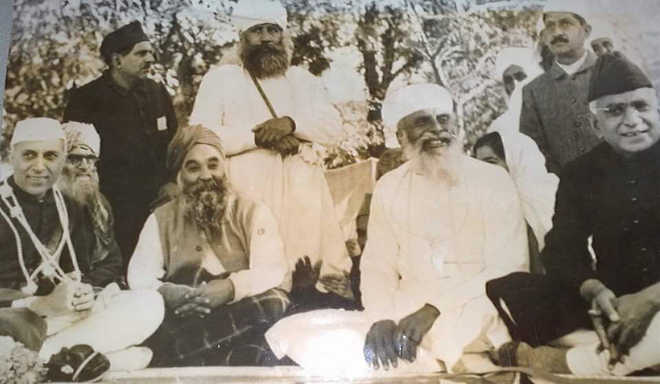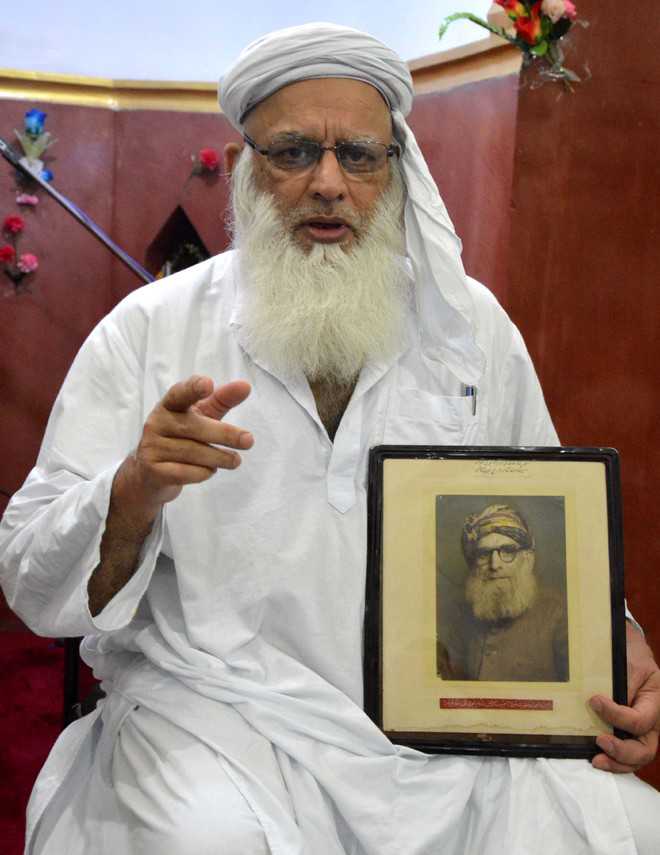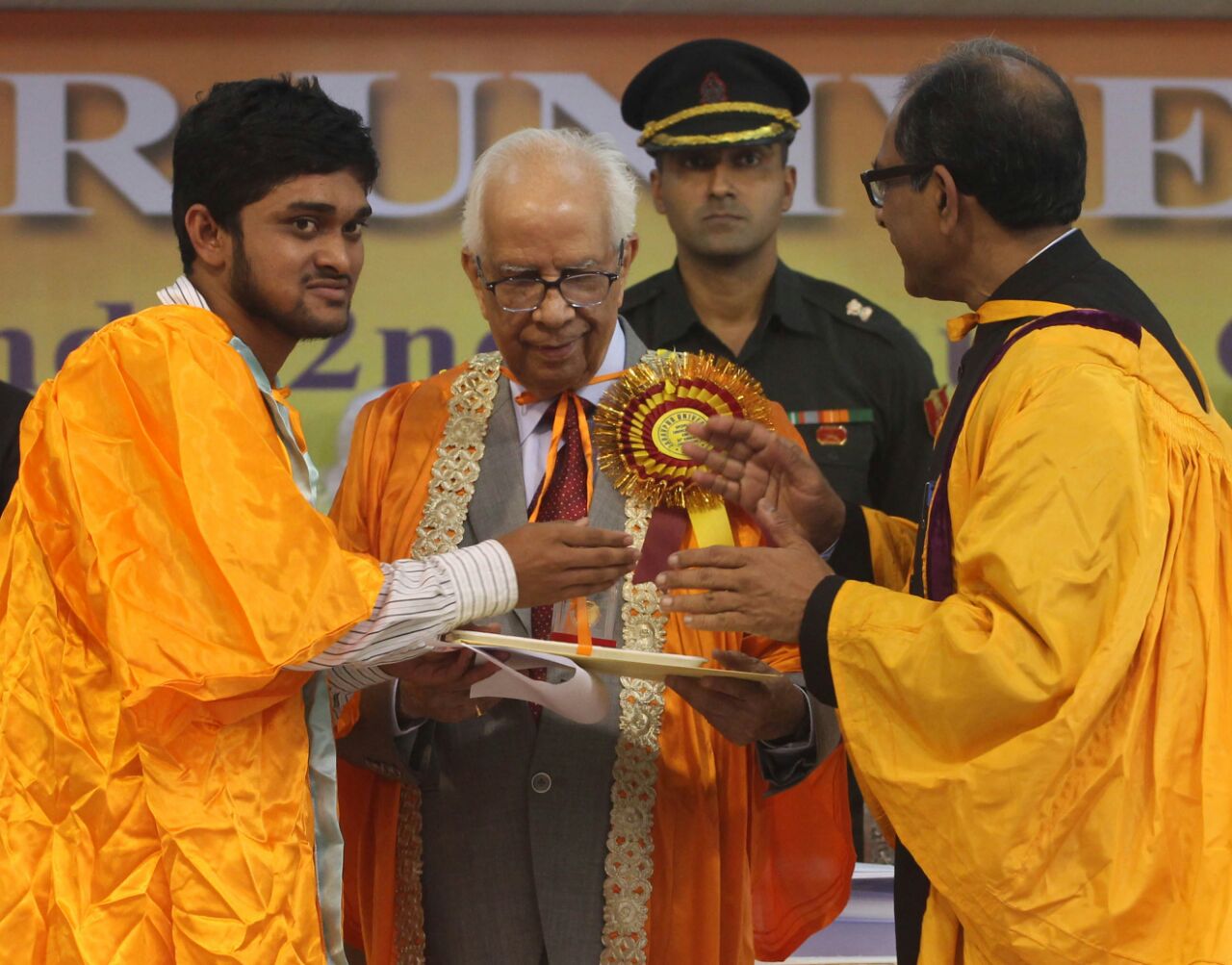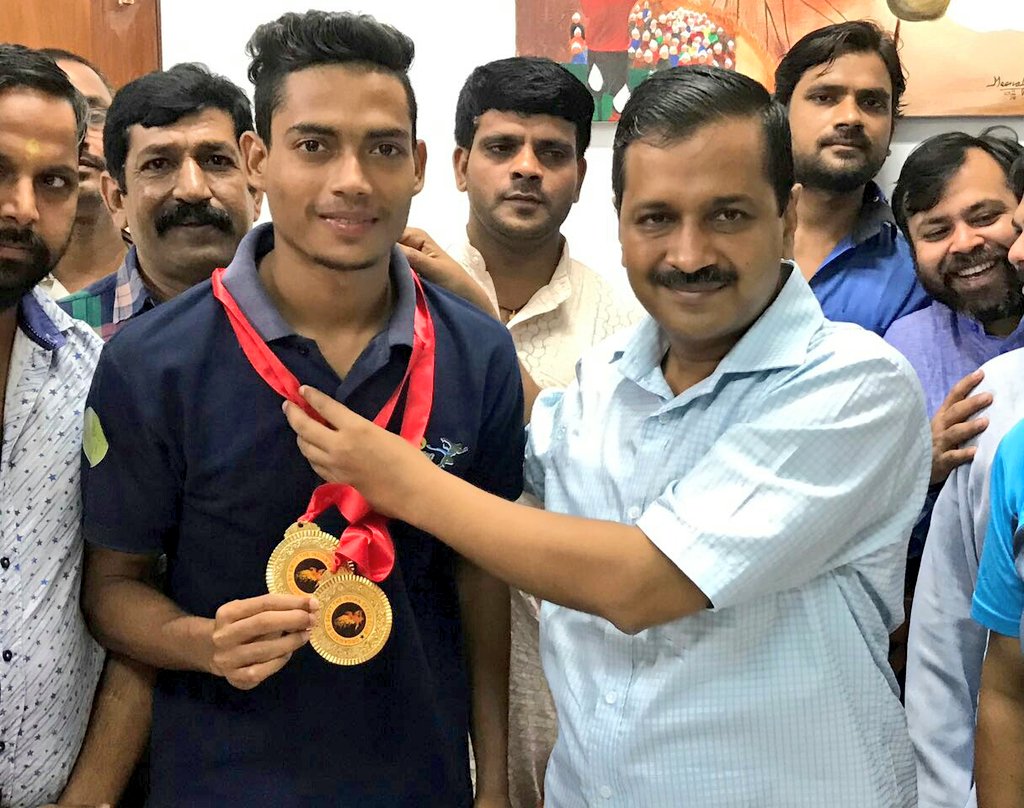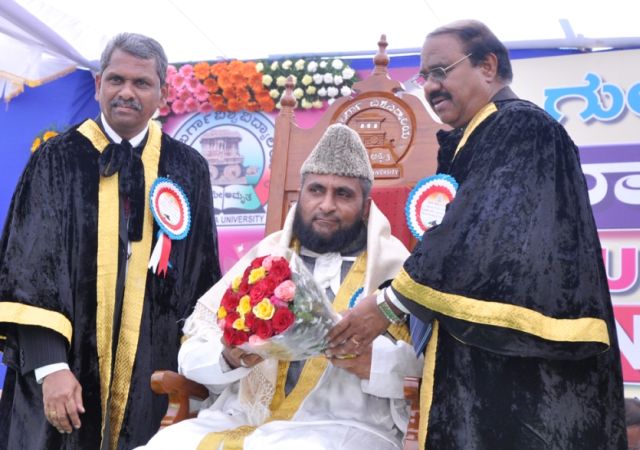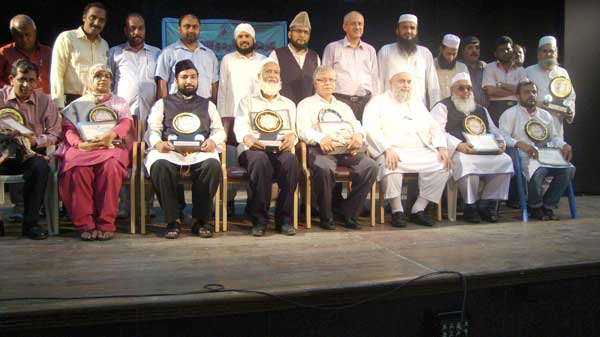KERALA :
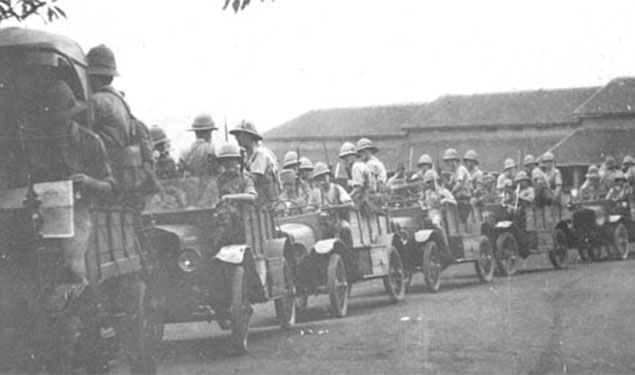
In yet another instance to show how the Bhartiya Janata Party (BJP) and Rashtriya Swayamsevak Sangh (RSS) distort history to suit their communal agenda and to gain political mileage, the party’s Kerala unit chief Kummanam Rajasekharan called the Malabar Rebellion of 1921, also known as Moplah Rebellion, “the first jihadi massacre” in Kerala.
As the BJP’s Jan Raksha Yatra entered Muslim-dominated Malappuram district last Monday, Kummanam Rajasekharan, said the Malabar rebellion of 1921 was the first jihadi massacre in Kerala.
Rajasekharan, who lead the yatra as it entered Muslim-dominated Malappuram district, said that depicting unprovoked massacre of Hindus as part of the independence struggle is an insult to history as well as the majority community in the state.
“If it were an agitation against British rule, why were thousands of people butchered and temples destroyed? It high time we stopped glorifying this massacre depicting it as freedom struggle. If anyone is given pension on behalf of this rebellion, it should be given to those who had to flee their homes during the riot and the dependents of the victims of the jihadi massacre”, he is quoted as saying by media.
The Malabar rebellion or Moplah rebellion of 1921 was an uprising of Muslims tenants against the British government and Hindu landlords, and the culmination of a series of revolts that recurred throughout the 19th century and early 20th century.
It began as a reaction against a heavy-handed crackdown on the Khilafat Movement, the campaign also supported by top Congress leaders including Mahatma Gandhi, in defense of the Ottoman Caliphate by the British authorities in the Eranad and Valluvanad taluks of Malabar.
In initial stages, a number of minor clashes took place between Khilafat volunteers and the police, but the violence soon spread across the region. The Mappilas attacked and took control of police stations, British government offices, courts and government treasuries. The Hindus loyal to the British rule also came under attack. And it is because of this the right wing Hindu extremists and biased British historians to sow the seeds of communal divide gave it a communal colour claiming “fight against the British ended up as large-scale massacre and persecution of Hindus”.
This is what exactly they did in case of the freedom struggle in Malegaon. On April 25, 1921, a police officer loyal to the British rule was killed by Muslims and Hindus together. It is also on record that two Muslim constables were also killed in the same uprising. Following the crackdown by the British, five freedom fighters were hanged in Pune’s Yerwada Jail and two died during interrogation – all 07 Muslims. But, the right wing Hindu extremist groups claiming that the Malegaon uprising was a communal riot and an attack on Hindus, have till now not allowed to put the names of these seven Muslim martyrs on the memorial built by the government to recognize their sacrifice.
Historians and scholars have recorded in detail how Hindus and Muslims together participated in the 1921 uprising of Malegaon. The union and state governments too acknowledged this in their respective gazettes. But for the right wing Hindu groups, acknowledging the sacrifices of Muslim freedom fighters of Malegaon will serve none of their purposes. Hence they give the entire incident a communal colour and propagate accordingly.
Similar is the case of Moplah Rebellion also known as Malabar Rebellion. According to the Kerala government’s own admission, the British government put down the rebellion with an iron fist, British and Gurkha regiments were sent to the area and Martial Law imposed.
“One of the most noteworthy events during the suppression later came to be known as the “Wagon tragedy”, in which 61 out of a total of 90 Mappila prisoners destined for the Central Prison in Podanur suffocated to death in a closed railway goods wagon”, says the Kerala government’s history section on its website.
The Moplah Muslims and others involved in the uprising were continuously in touch with the national leaders leading the freedom struggle. These leaders were shaken by the reports of the persecution of Moplahs at the hands of the British forces. They became restless and started searching for means to provide relief to this persecuted lot, renowned scholar Abdul Hameed Rahmani, wrote in an article published by monthly At Tibyan March 2008 issue.
“Maulana Abdul Qadir Kasuri rushed his younger brother Abdullah Kasuri and two sons Mohiuddin Ahmed Kasuri and Mohammad Ali Kasuri to Calicut in Kerala. After helping them with immediate relief, they established one of the oldest orphanages for the Moplah victims on over 50 acres of land which besides other things also catered to their educational needs”, he wrote.
A branch of the center was also established later on in Pune.
Born in April 1889, Mohiuddin Ahmed Kasuri, the eldest son of renowned Ahle Hadees scholar Maulana Abdul Qadir Kasuri, was once a close associate of freedom fighter and India’s first education Minister Maulana Abul Kalaam Azad. Maulana Azad invited him to Calcutta from where he published daily “Eqdam”.
In July 1916 when Maulana Abul Kalaam Azad was sent to Ranchi Jail, Mohiuddin Ahmed Kasuri went back to Kasur. The British government detained him from Kasur and kept him incarcerated in Hoshiarpur till 1919.
Abdul Hameed Rahmani recalled that the Kasuri family established businesses in Bombay and the profit earned from these businesses related to salt, textiles and leather industries were used to fund its charity institutions established in Calicut and Pune.
“The family donated for years Rs. 100,000 annually to Maulana Abul Kalam Azad as fund to be used for India’s freedom struggle”, he wrote.
After partition of India, the Kasuri family moved to Pakistan. Former Foreign Minister of Pakistan Khurshid Mahmud Kasuri in Pervez Musharraf’s cabinet belonged to the same family.
[The writer Aleem Faizee is founder editor of ummid.com. He can be reached at aleem.faizee@gmail.com.]
source: http://www.ummid.com / Ummid.com / Home> Views & Analysis / by Aleem Faizee, Ummid.com / Friday – October 13th, 2017
